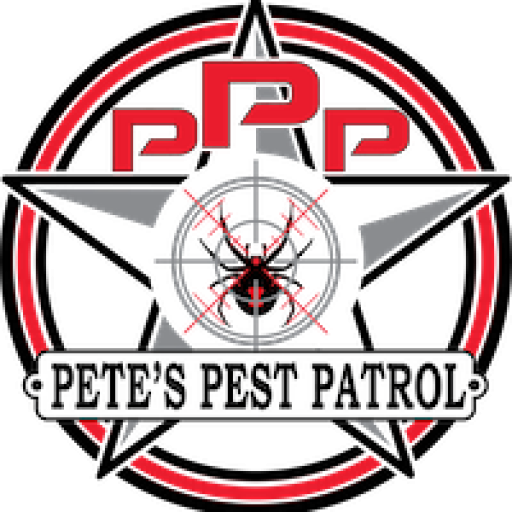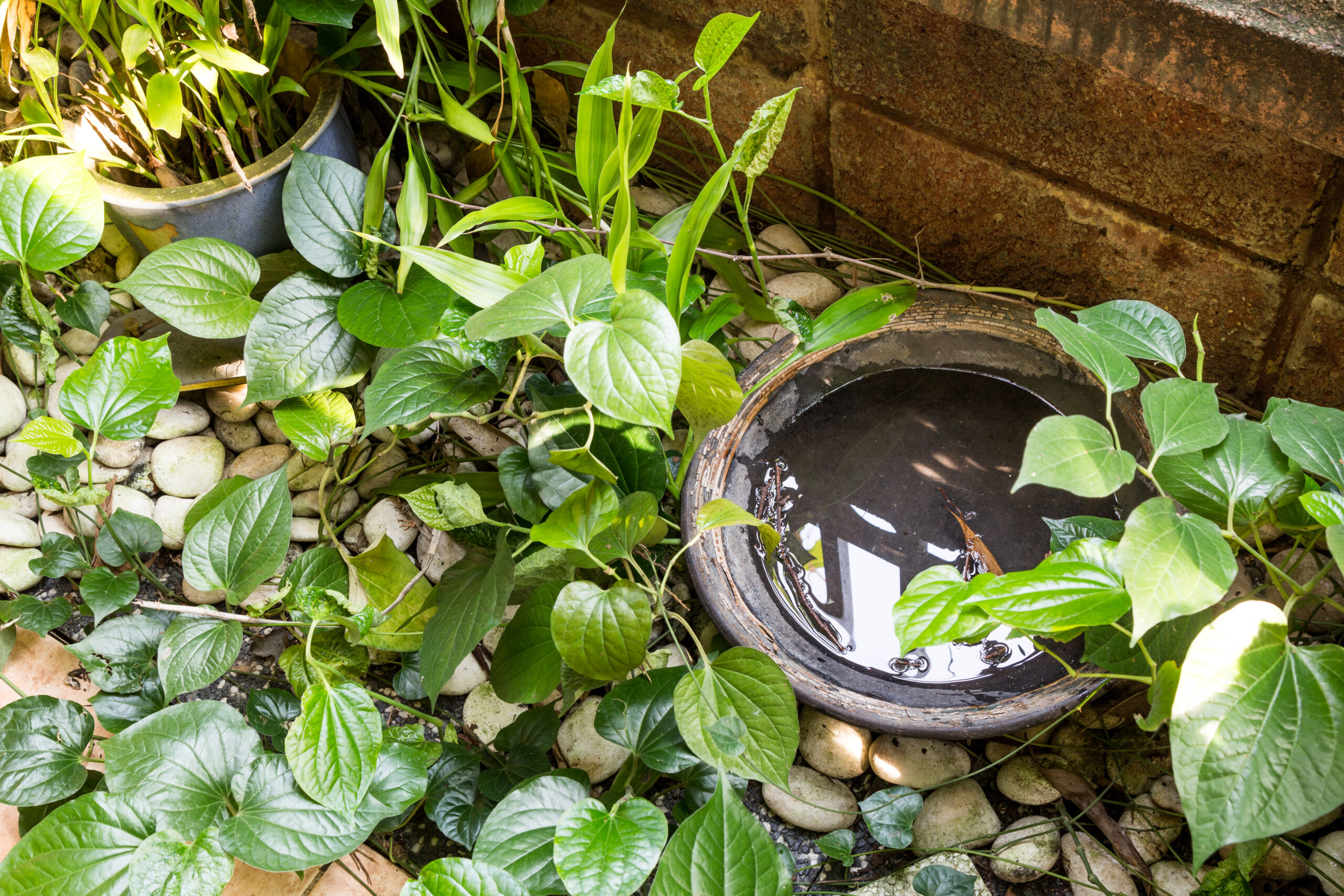Integrated Pest Management (IPM) is an environmentally sensitive approach to controlling pest populations to acceptable levels using various tools and techniques.
Its primary goal is the long-term avoidance of pests and the harm they cause by means of biological management, altering habitats, changing cultural practices, and cultivating resistant types.
When used in conjunction with other management measures, pesticides are used only when monitoring shows that their usage is necessary, thereby minimizing risks to both humans and the environment.
This comprehensive approach not only considers the pest to be controlled but also the ecosystem as a whole, including the impact of pest control actions on different species and environmental factors. By employing IPM strategies, we aim to achieve a sustainable balance, keeping pest numbers down while maintaining the integrity of the surrounding environment.
In this blog post, we will take a deeper look at IPM and how homeowners can incorporate its strategies.
What is Integrated Pest Management (IPM), and how does it differ from traditional pest control methods?
A method for controlling pests that incorporates multiple strategies pest control that focuses on using environmentally sensitive methods to manage pests effectively while minimizing risks to human health and the environment. IPM integrates various strategies, including biological, cultural, mechanical, and chemical control methods, to address pest issues holistically and sustainably.
Here’s how IPM differs from traditional pest control methods:
- Holistic Approach: IPM takes a comprehensive and holistic approach to pest management, considering the entire ecosystem and the interactions between pests, their natural enemies, and the environment. In contrast, traditional pest control methods rely heavily on chemical pesticides for their pest management needs without considering long-term consequences.
- Prevention First: IPM emphasizes prevention as the first defense against pests. As a result, less chemical insecticides are needed and sanitation, habitat modification, and crop rotation, to create unfavorable conditions for pests and minimize their access to food, water, and shelter.
Traditional pest control methods may focus more on reactive measures, such as applying pesticides after pest infestations occur.
- Reduced Reliance on Chemicals: While chemical pesticides may be part of an IPM program, they are typically used as a last resort and in combination with other control methods. IPM prioritizes using less toxic alternatives, such as biological control agents (e.g., natural predators, parasites), mechanical controls (e.g., traps, barriers), and cultural practices, to reduce pest populations and mitigate pest damage.
This reduces the reliance on chemical pesticides and minimizes the risks associated with their use, such as pesticide resistance, environmental contamination, and harm to non-target organisms.
- Monitoring and Decision-Making: IPM relies on regular monitoring and assessment of pest populations to determine the need for intervention and to evaluate the effectiveness of control measures. By monitoring pest populations and environmental conditions, IPM practitioners can make informed decisions about when and how to implement control measures, optimizing their efficacy while minimizing negative impacts.
In contrast, traditional pest control methods may rely more on routine, calendar-based pesticide applications without considering pest dynamics or the need for treatment.
Overall, Integrated Pest Management represents a shift towards more sustainable and environmentally responsible pest control practices that prioritize prevention, minimize risks, and promote long-term pest management solutions.
How can I find pest control professionals or companies that offer Integrated Pest Management services in my area?
To find pest control professionals or companies offering Integrated Pest Management (IPM) services in your area, you can utilize various methods:
- Online Directories: Websites like Angie’s List, HomeAdvisor, and Yelp offer directories of local pest control companies with reviews and ratings.
- Search Engines: Use search engines to look for “Integrated Pest Management services” along with your location to find local providers.
- Local Recommendations: Ask friends, neighbors, or community groups for recommendations based on their experiences.
- Industry Associations: Check with industry associations such as the National Pest Management Association (NPMA) for a directory of certified pest control professionals in your area.
- Company Websites: Visit the websites of well-known pest control companies and use their locator tools to find local service providers.
- Social Media: Utilize social media platforms to ask for recommendations or search for local pest control companies in your area.
By leveraging these methods, you can identify pest control professionals or companies that specialize in Integrated Pest Management services and are located in your area.
Are there any specific benefits or drawbacks to using Integrated Pest Management for long-term pest control needs?
Integrated Pest Management (IPM) offers several benefits and drawbacks for long-term pest control needs:
Benefits
- Reduced Health Risks: IPM uses fewer chemical pesticides, which lowers the health risks to humans and pets exposed to these chemicals.
- Environmental Benefits: It minimizes the negative impact on the environment by reducing harmful chemicals and promoting biodiversity.
- Cost-Effective: Over the long term, IPM strategies can lead to economic benefits due to sustained development, increased productivity, and reduced pest damage.
- Anti-Resistance: It helps prevent or slow down the development of pesticide resistance in pests.
Drawbacks
- Time and Energy Consuming: Implementing IPM can be time and energy-consuming, requiring substantial effort to learn and apply the principles effectively.
- Resource Intensive: It may require more resources, both in terms of training and specialized equipment, making it costly to implement.
- Learning Curve: Understanding and effectively implementing IPM strategies may take time and effort, especially for those unfamiliar.
While IPM offers significant advantages regarding reduced health risks, environmental benefits, and cost-effectiveness, its drawbacks include the time, resources, and energy required for effective implementation.
Can Integrated Pest Management be customized to address specific pest problems in different environments, such as residential homes, farms, or commercial buildings?
Integrated Pest Management (IPM) is designed to be highly adaptable, allowing customization to target specific pest problems within various environments. For residential homes, IPM might focus more on prevention through proper sanitation and structural maintenance to block entry points for pests.
At the same time, in farms, it would emphasize crop rotation, biological pest controls, and selective pesticide application only when necessary. In commercial buildings, IPM strategies can be tailored to address the unique pest pressures imposed by the stored products, human traffic, and waste management practices.
Furthermore, the versatility of IPM means it fits seamlessly into the operational dynamics across different sectors. Agricultural entities might leverage IPM to safeguard crops and ensure food safety, whereas, in hospitality, it can be deployed to enhance the guest experience by maintaining high hygienic standards without overreliance on chemicals.
Each environment requires a unique IPM plan that considers pest biology, environmental conditions, and the thresholds of acceptable pest activity. Customization is a cornerstone of IPM, resulting in effective, environmentally sensitive pest management across settings where pests can be problematic.
Discover IPM for Sustainable Pest Solutions!
Discover the power of sustainable pest solutions with Pete’s Pest Patrol’s Integrated Pest Management (IPM)! Our specialized approach targets pest problems with precision, employing environmentally sensitive methods.
Whether it’s a cozy home, a thriving farm, or a bustling commercial hub, we tailor our strategies to meet your unique needs. We emphasize prevention, use biological controls, and apply chemicals only as a last resort.
Make the eco-friendly choice and partner with us for pest control that protects your space and our planet. Join our commitment to sustainability; choose Pete’s Pest Patrol for your pest management needs!

